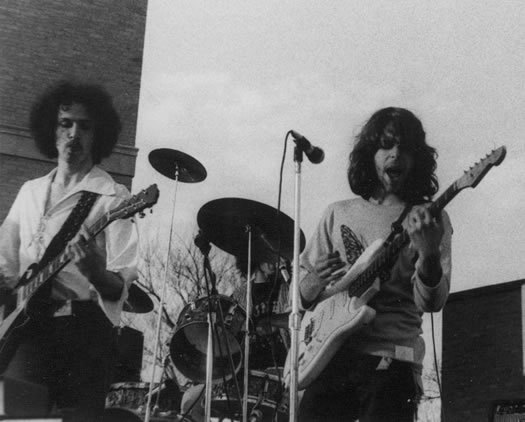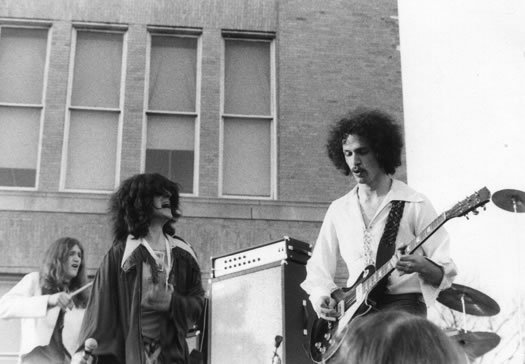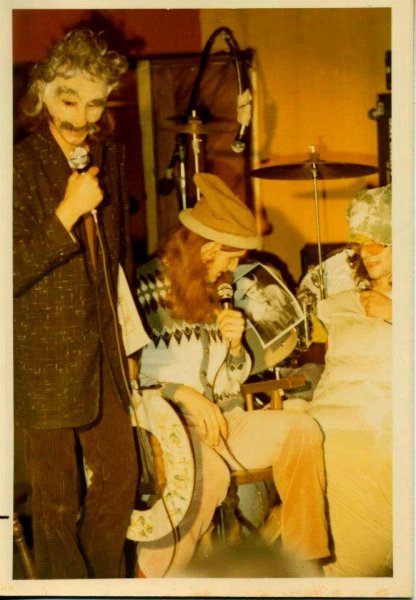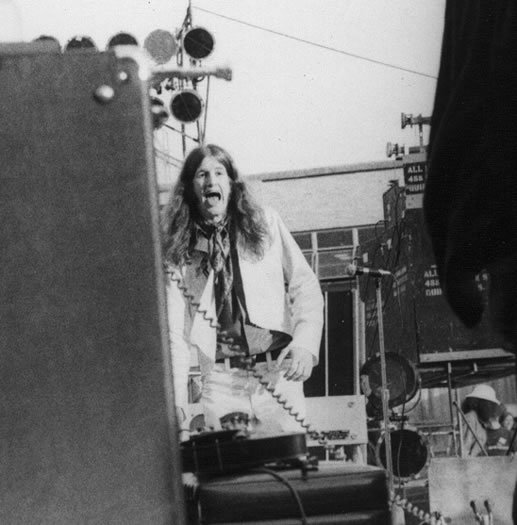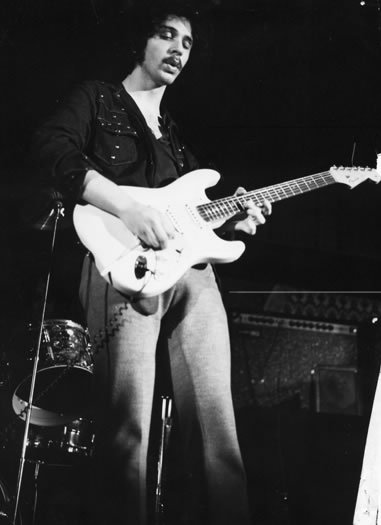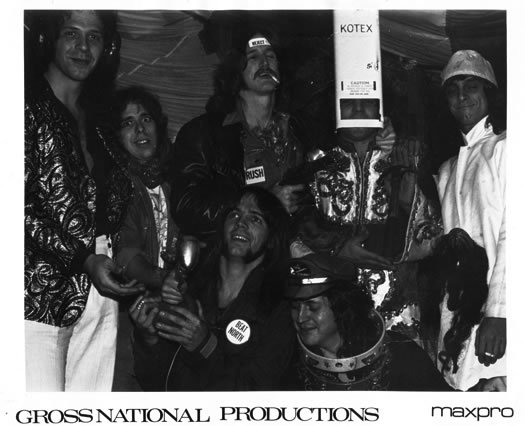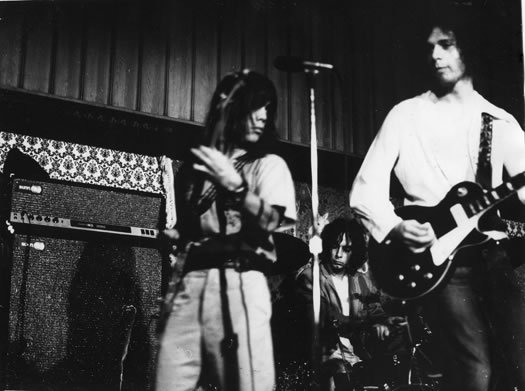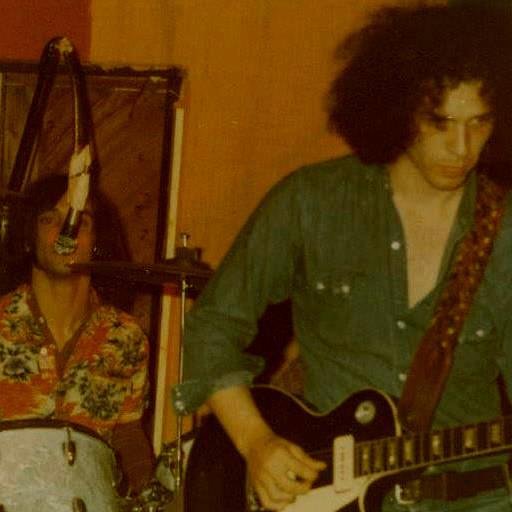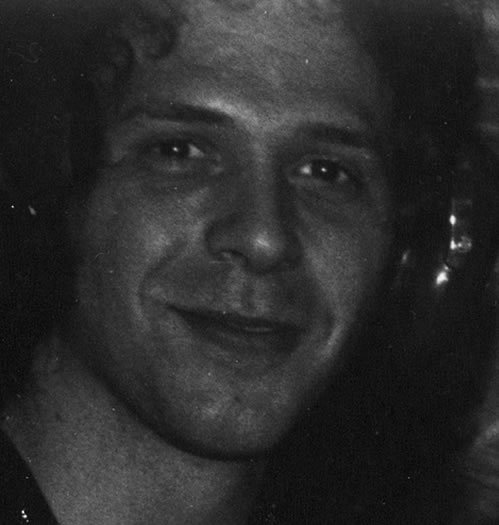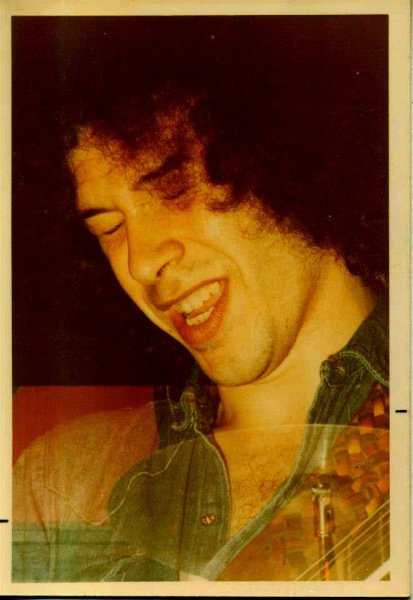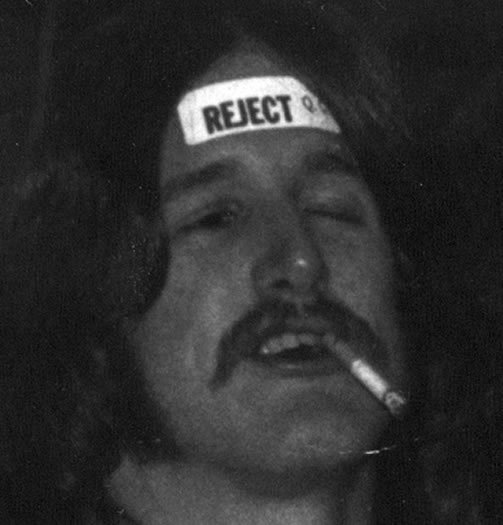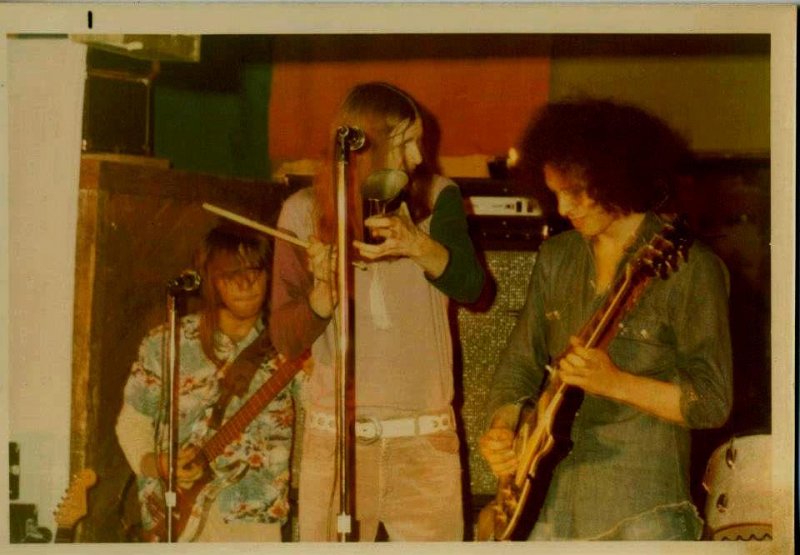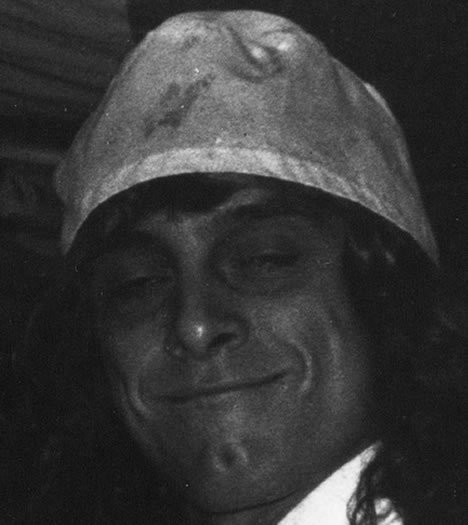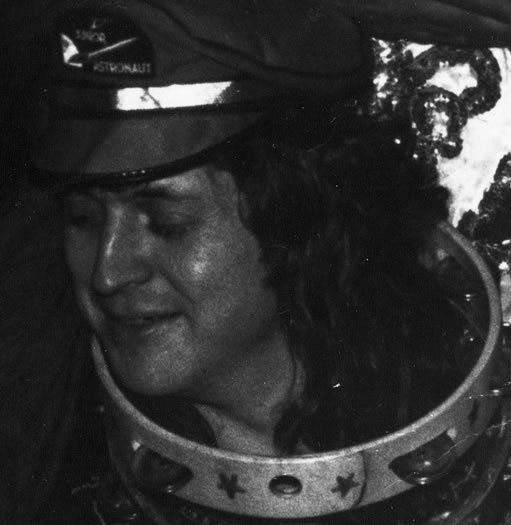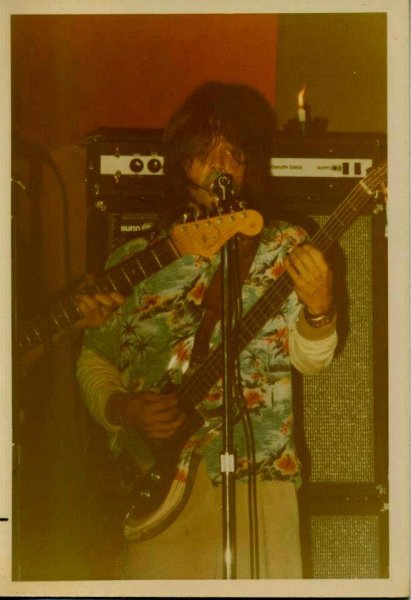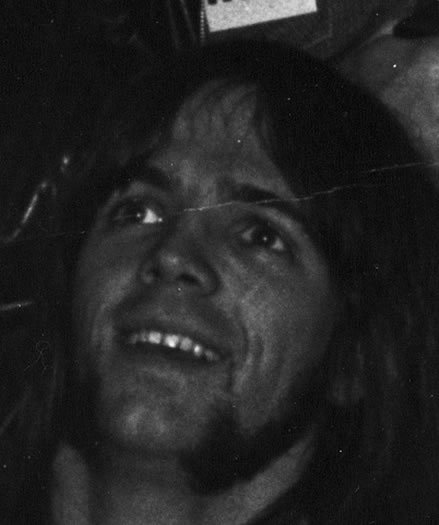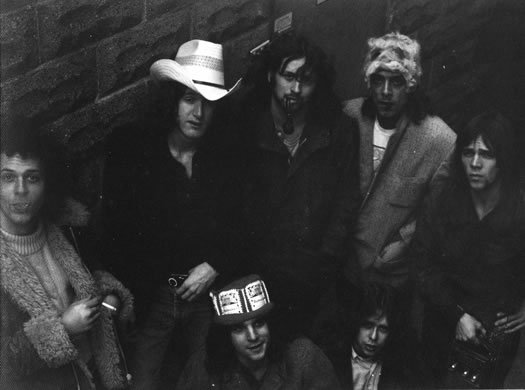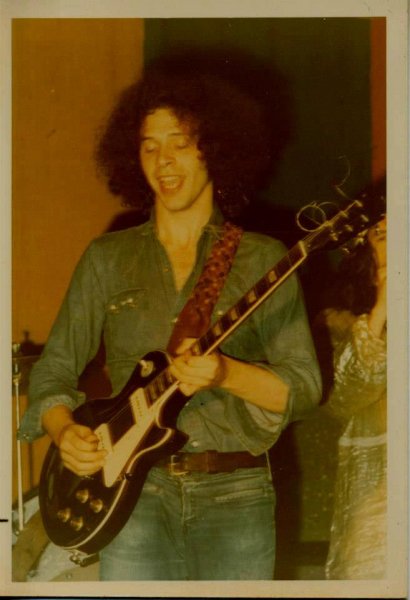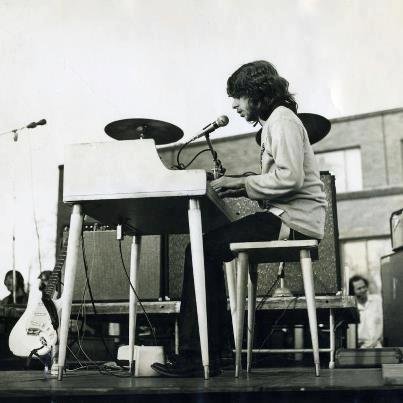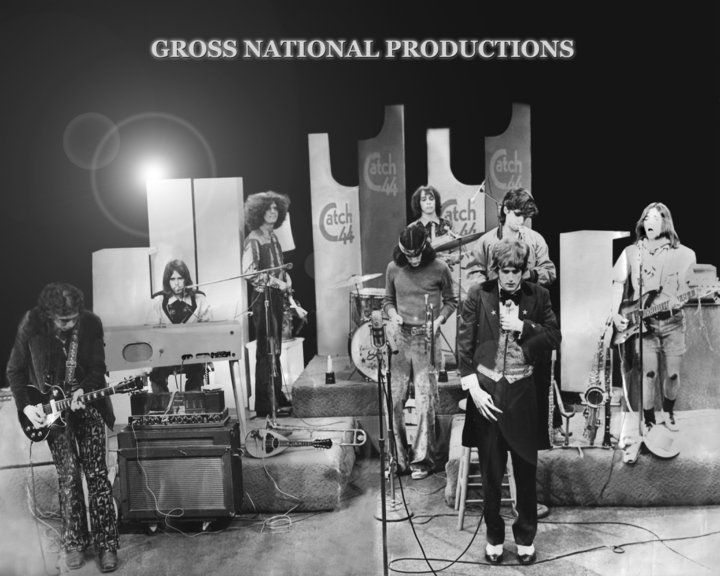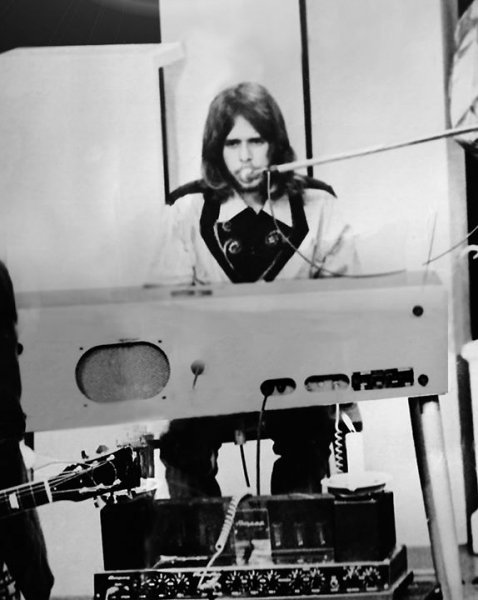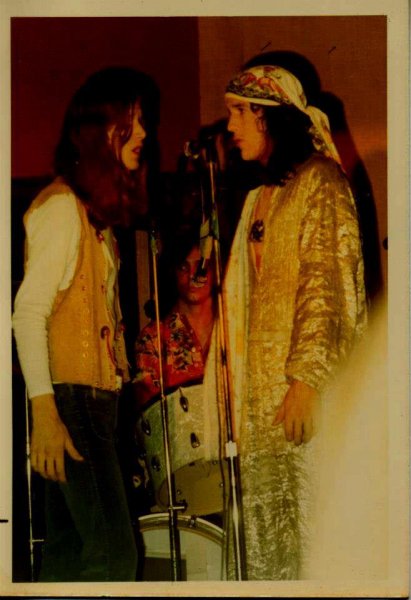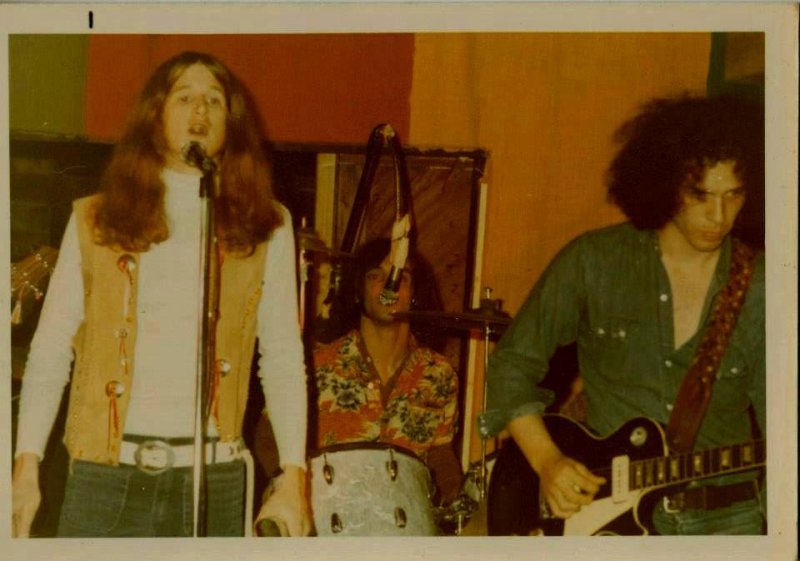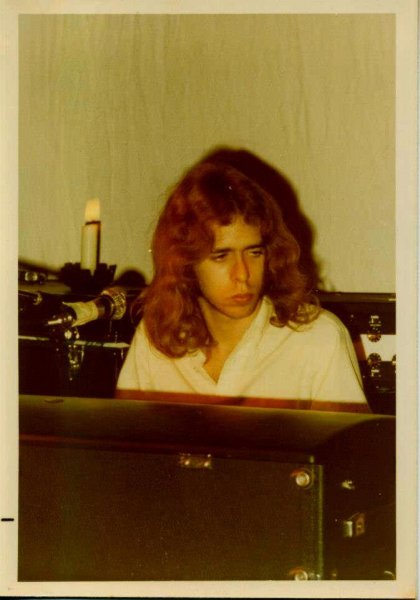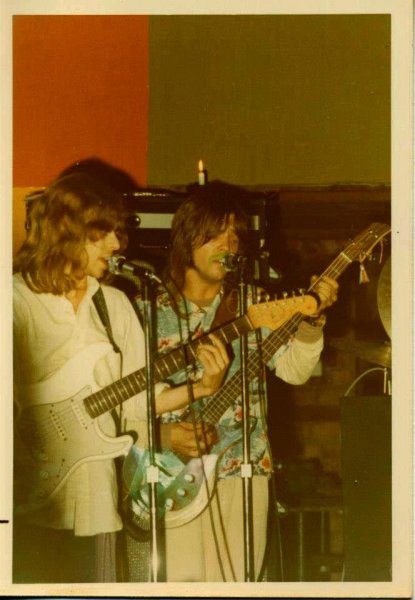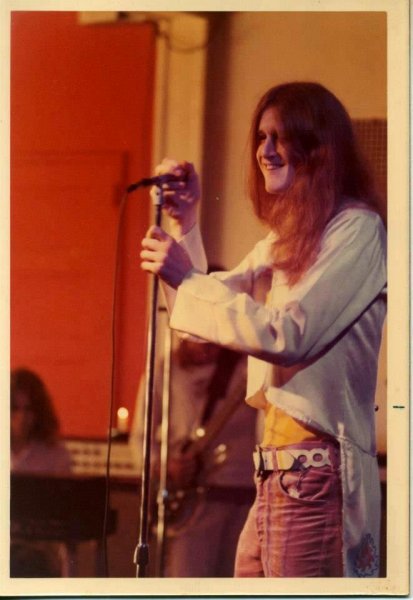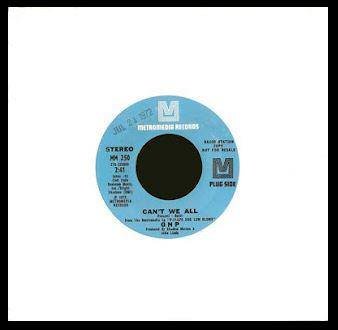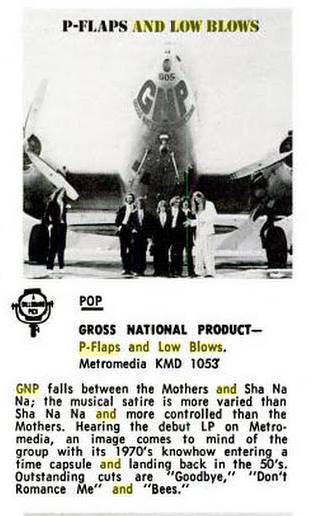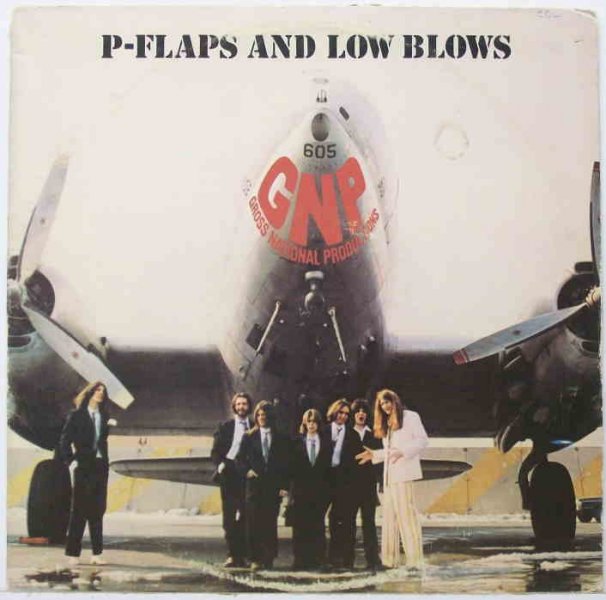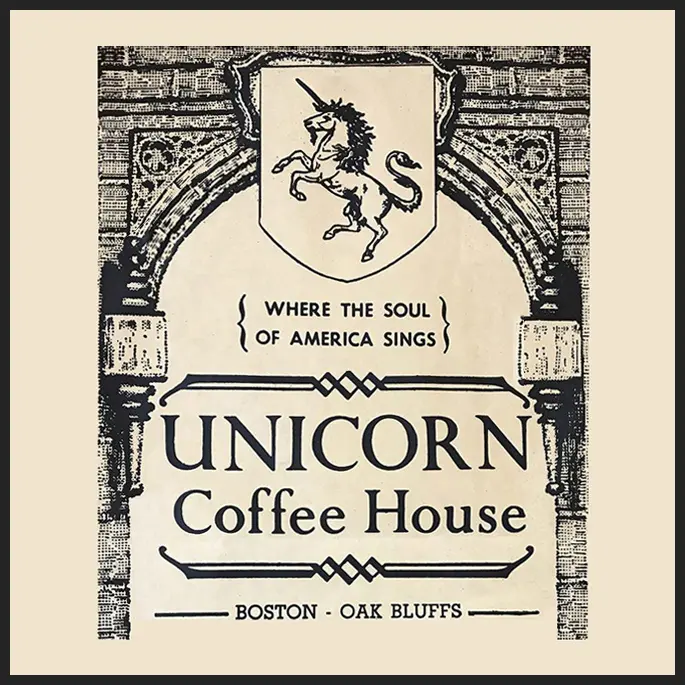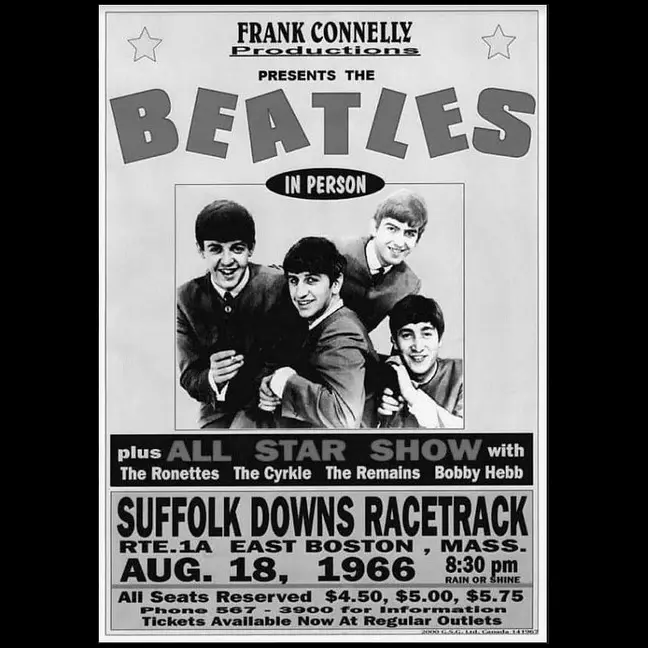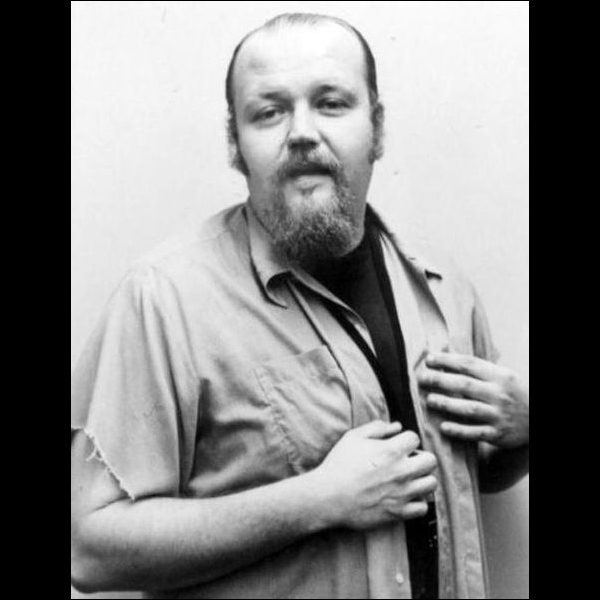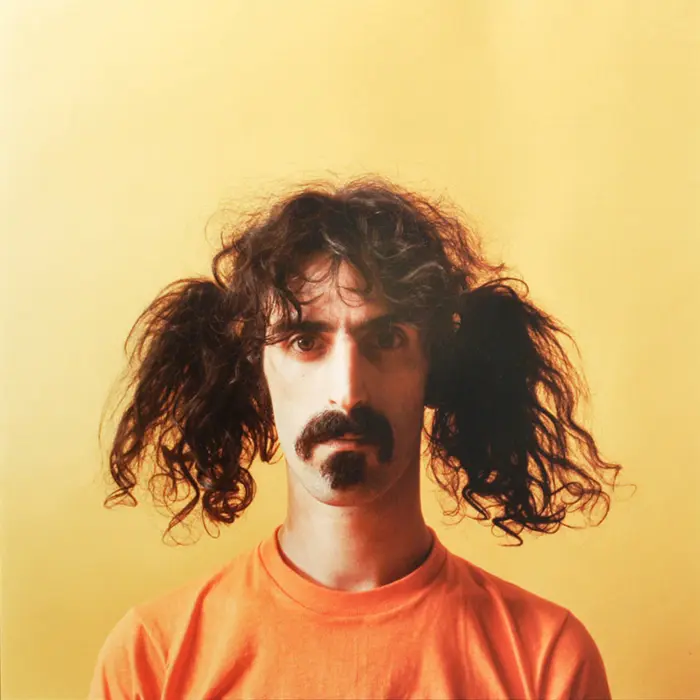Gross National Productions
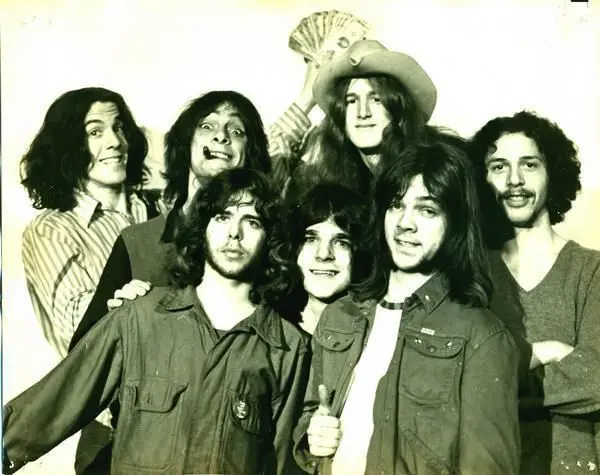
An online search for one of Gross National Productions most well-known tracks, “Don’t Romance Me,” reveals a YouTube video in which the song is set to some rather amorous imagery: two adults huddled closely beneath an umbrella; the famous spaghetti dinner from Lady and the Tramp; a pair of smooching toddlers; and the iconic bow scene from Titanic.
But what listeners will quickly discover is that “Don’t Romance Me” is hardly a conventional love song. Its chorus, “Don’t romance me / Just enhance me,” seems to refer to the narrator not only wishing to be a better man, but also a bigger man (nudge, nudge, wink, wink). The video – credited to former GNP member Gary Rutstein – is wonderfully illustrative of the band’s sly, off-beat wit and ability to use humor to forge immediate connections with listeners. You take pleasure in being in on their unique gags. And GNP was very serious about not being taken seriously; they played tight and sounded loose; they made jokes and didn’t mind occasionally being the butt of one.
FORMATION, P-FLAPS AND LOW BLOWS
Formed as a septet in 1970, GNP originally consisted of four students from Massachusetts College of Art & Design – guitarist/keyboardist Rutstein, trumpeter Tom Dempsey, drummer Joe Botti and vocalist Doug Stevens (who used the pseudonym Matt Maverick) – and three from Salem State College, bassist Artie Johnson, saxophonist Tony Bartolini and guitarist John Press. Brought together by a shared love for ”The Beatles, raunchy comedy and quick ways to get women,” as they describe it, the group honed its skills at the Unicorn Coffee House on Boylston Street in Boston and other spots.
Record labels eventually came calling as well as legendary songwriter and producer George “Shadow” Morton, best known for his work with 1960s girl group The Shangri-Las. The result was 1972’s P-Flaps and Low Blows, an album that’s soaring yet silly, bawdy yet batty. GNP dabbles in glam rock, vaudeville, and lounge – sometimes in a single song. During its heyday, GNP performed with a number of prominent artists, including Frank Zappa, Spirit, Sha Na Na, Badfinger, Muddy Waters and John Lee Hooker.
DISBANDING, REUNION, POST-GNP ACTIVITY
The band suffered a series of misfortunes, however – including a split with their management and the theft of most of their gear – and disbanded for a few years before reuniting briefly in 1975 (with percussionist David Pontbriand added to the lineup) on the recommendation of Epic Records’ producer Tom Werman.
Following their second break-up, Stevens began performing under the stage name Red Peters. He recorded a number of raunchy singles and albums (sample title: “How’s Your Whole…Family?”), became a frequent guest on The Howard Stern Show, and landed a spot on Sirius XM, hosting The Red Peters Comedy Music Hour. In 1976, he reunited with Dempsey to form Handsome Brothers Music Service, a production company that specializes in music scoring, songwriting and sound design.
GNP bassist Artie Johnson continues to work with Stevens/Red Peters, performing, co-writing tunes for his CDs, his Sirius XM Radio show and The Comedy Cruise. Anthony Bartolini continues to play in his Cape Cod-based band, The Last Men on Earth and Johnny Press later played in the Boston-based groups Velocity and Smokin’ Joe. Currently, he fronts his own band, The Johnny Press Mess, and is recording a CD with local rocker Joe Black (of Balloon fame).
(by Ryan Foley)

